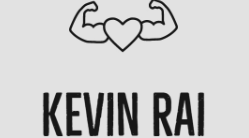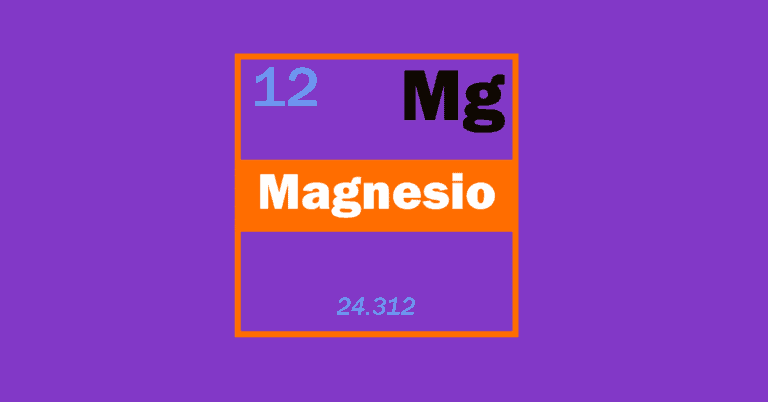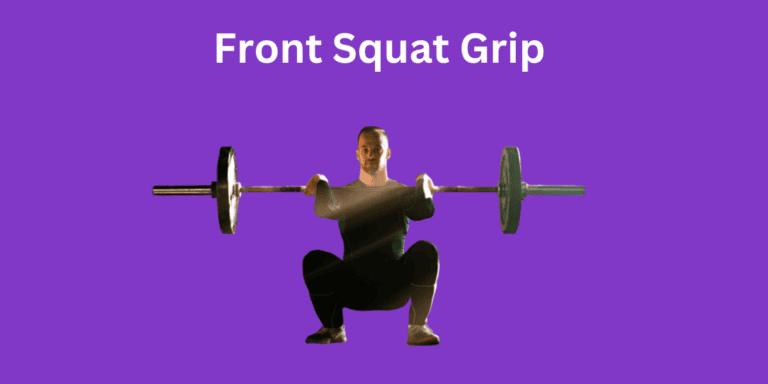5 Best Vitamins For Weight Loss- Healthy & Natural Solution
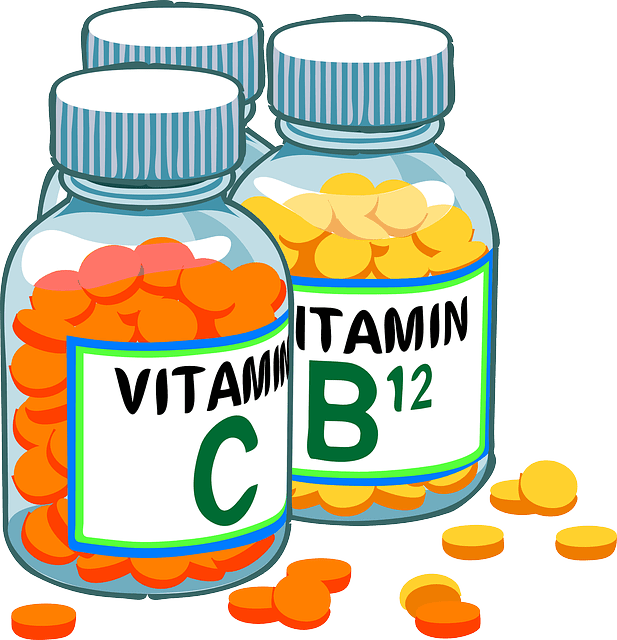
We can all agree that vitamins play an essential role in maintaining our overall health and well-being for example keeping you heart in good shape.
While there are many different types of vitamins, each with its unique functions, some are particularly helpful for supporting your weight loss.
Vitamins assist your metabolism process such as your B vitamins which are responsible for converting your protein, carbohydrate, and fats to energy.
It is easy to just focus on calories and overlook your vitamin intake, so you need to make sure your diet includes an adequate amount of nutrients.
Enough talking, let’s dive straight into the list of best vitamins for weight loss
What Are The Best Vitamins For Weight Loss?
- B vitamins
- Iron
- Vitamin D
- Vitamin C
- Magnesium
B Vitamins
The B Vitamins are a group of water-soluble vitamins and there are 8 different types:
- B1- Thiamine
- B2- Riboflavin
- B3- Niacin
- B5- Pantothenic Acid
- B6- Pyridoxin
- B7- Biotin
- B9- Folic Acid
- B12- Cobalamin
The B vitamins are the ones that break down the fats, carbohydrates, and protein in a form that the body can use as energy. Being deficient in one of these can lead to the reduction of your metabolism and lack of energy.
They also act as coenzymes for enzymatic reactions, aiding enzymes that drive metabolic pathways. This means that many essential metabolic responses cannot occur without them, leading to several metabolic disorders.
How much B vitamins do you need- (According to NIH)
- B1- 1.1mg (Women) : 1.2mg (Men)
- B2- 1.1mg (Women) : 1.3mg (Men)
- B3- 14mg NE (Women) : 16mg NE (Men)
- B5- 5mg (Women) : 5mg (Men)
- B6-1.2mg (Women) : 1.3mg (Men)
- B7- 30mcg (Women) : 30mcg (Men)
- B9- 400mcg DFE (Women) : 400mcg DFE (Men)
- B12- 2.4mcg (Women) : 2.4mcg (Men)
Foods that contains the vitamins:
- B1- Pork, Nuts, Seeds and Yogurt
- B2- Cheese, Eggs, Organ meats and Salmon
- B3- Brown rice, Seeds, Fish and Legumes
- B5- Mushrooms, Avocado, Chicken breast and Nuts
- B6- Beef liver, Chickpeas, Salmon and Poultry
- B7- Eggs, Avocado, Pork and Sweet potato
- B9- Sunflower seeds, Whole grain, Nuts and Green leafy vegetables
- B12- Milk, Cheese, Eggs and Fish
Symptoms of deficiency:
- Loss of muscle mass
- Hair loss
- Fatigue
- Poor sleep
- Swollen tongue
- Brittle nails
- Headache
- Numbness
All of the B vitamins are uncommon to be deficient in except for B12 as it can be hard to get enough of it through only plant-based foods.
Iron
The primary role of iron is the production of haemoglobin for the red blood cells which carry oxygen around the body.
Without enough iron, there will be a lack of oxygen available for your tissues and muscles.
As oxygen is essential for the production of ATP, which is the currency that the cell uses as energy~ your metabolism will naturally decrease if there’s a shortage of iron.
This will also decline your energy levels, impacting any physical activities you have planned for.
How much iron do you need? (According to NIH)
- Iron- 18mg (Women) : 8mg (Male)
Foods that contain the mineral:
- Dried fruit
- Red meats
- Shellfish
- Legumes
- Quinoa
- Lentils
Symptoms of deficiency:
- Pale skin
- Brittle nails
- Always tired
- Hard to breathe
- Chest pain
- Cold hands
- Swollen tongue
- Dizziness
Plant-based iron is known as Non-heme iron and Meat-based iron is known as Heme iron. The non-heme iron is harder to absorb by the body compared to the heme iron.
Vitamin D
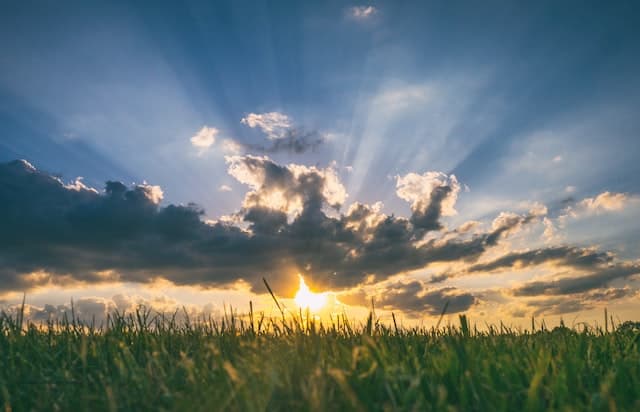
Vitamin D is the only vitamin you can get without the consumption of food and that’s through the sunlight.
A research was conducted where women were divided into two groups. One group was provided with vitamin D (50,000 IU/w) and the other with a placebo for a space of 6 weeks.
What was concluded was women who received vitamin D had a significant loss in BMI compared to the placebo group.
However, the reason why vitamin D supports weight loss is still unclear to this day.
Furthermore, vitamin D regulates your blood glucose as well. This may not have a direct effect on your weight loss but it prevents weight gain through uncontrollable blood sugar levels.
How much vitamin D do you need? (According to NIH)
- Vitamin D- 15mcg (Men/women)
Foods that contain the vitamin:
- Salmon
- Cod liver egg
- Egg yolk
- Sardine
- Mackerel
- Soybeans
Symptoms of deficiency:
- Bone ache
- Hair loss
- Lack of appetite
- Difficulty sleeping
- Sweaty hands
- Low mood
- Muscle ache
- Frequently getting sick
Vitamin D deficiency is common for people who are vegans as foods that contain the highest amount of it, come from meat or milk-based product.
Vitamin C
Vitamin C or called ascorbic acid has been shown to elevate the fat oxidation during exercise.
This is because it is one of the key molecules when it comes to turning fats into energy, thus increasing your metabolism.
Another important benefit of vitamin C for weight loss is its ability to reduce inflammation through its antioxidant properties.
Inflammations can occur due to many reasons, which can interfere with the body’s natural ability to process glucose and burn fat~ hindering your weight loss efforts
How much vitamin C do you need? (According to NIH)
- Vitamin C- 75mg (Women) : 90mg (Male)
Foods that contain the vitamin:
- Potatoes
- Citrus fruits
- Tomatoes
- Bell peppers
- Strawberry
- Pineapple
Symptoms of deficiency:
- Nose bleeds
- Irritability
- Bruising easily
- Slow healing of wounds
- Joint pain
- Weakness
- Rash
- Scaly skin
Reaching a daily intake of vitamin C increases the absorption of iron, in turn you get the added benefits of iron.
Magnesium
Magnesium is involved in insulin secretion, so it has a major impact on your insulin sensitivity.
The insulin transports the sugar (glucose) from your blood circulation to your cells where it’s used as energy.
With less insulin around, your blood sugar level will spike causing your body to store the excess sugar as fats.
Additionally, magnesium part takes in the production of melatonin and serotonin helping get quality sleep.
A crappy night’s sleep has many detrimental effects such as increased cortisol levels. Cortisol heightens your cravings for food that are high in fat or high in sugar, making your weight loss journey harder.
How much magnesium do you need? (According to NIH)
- Magnesium- 310-320mg (Women) : 400-420mg (Men)
Foods that contain the mineral:
- Almonds
- Pumpkin seeds
- Cashews
- Soymilk
- Tofu
- Whole grains
Symptoms of deficiency:
- High blood pressure
- Nausea
- Pins and needles
- Frequent muscle spasm
- Sleepiness
- Abnormal heart rhythms
- Weak bones
- Stiffness
Magnesium is an all-around mineral helping with the essential functions of the body like regulating blood pressure and contractions & relaxation of the muscles.
Do You Need To Take Supplements?
No, you don’t need to take supplements, all of the vitamins and minerals can be obtained through having a stable diet plan.
With that being said it can be tough to include foods that contain all of the vitamins throughout the day.
Especially nowadays where junk foods are readily available, our nutrient content can be overthrown by it.
Or for vegans, it might be difficult getting some vitamins like b12 as mainly animal products are high in them.
However, on the flip side consuming too much of the vitamins and minerals will have adverse effects instead.
If you wish to take the supplement route, it’s best to communicate with your local doctor for advice beforehand to get the best results.
FAQ
Will taking my vitamins help me lose weight?
Vitamins are key for weight loss, however this alone is not enough for sufficient weight loss. Counting calories and performing frequent calorie burning movements every week will get you the best results.
How can I speed up my weight loss?
- No matter what you are doing, if you are not burning more calories than consuming in a healthy manner, you will not lose much weight.
- You should keep your protein intake high to conserve your lean muscle mass. Did you know the more muscle mass you have, your resting metabolic rate will be higher?
- Don’t be scared of the healthy fats, they will hold back your cravings, reducing calorie intake overall while preventing spikes in sugar levels.
Conclusion
All the vitamins and minerals are necessary to keep your body running correctly. If there is even one vitamin missing, this will throw off your body’s function causing different complications.
The vitamins do not directly help with weight loss, instead what it does is, it allows your body to work at an optimum rate to burn off the fat.
Most of your efforts should go into planning out a sustainable healthy diet and weekly physical exercises.
You should try to get all of the vitamins through your diet~ if you are struggling in doing so then supplements will fill in the missing gaps.
Make sure to consult with a professional to confirm that you are having the right vitamin supplement which you are low in.
